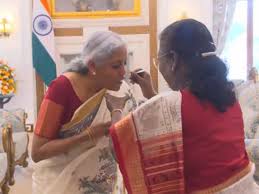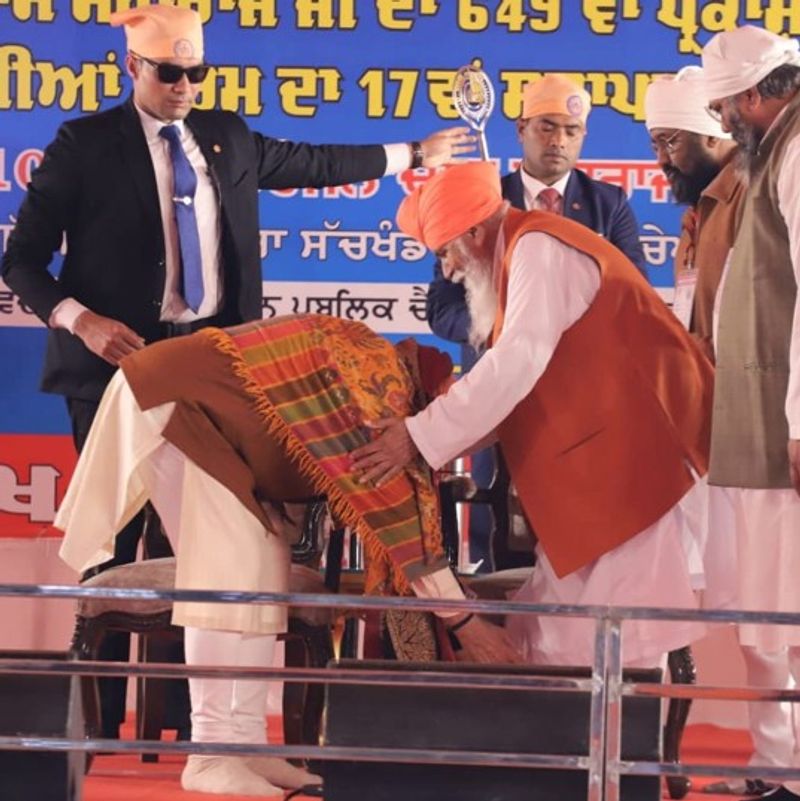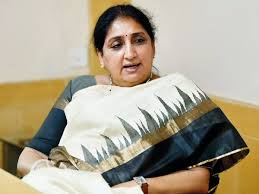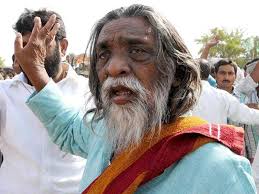Listen To This Post
Ranchi: Shibu Soren, the towering tribal leader and founder of the Jharkhand Mukti Morcha (JMM), passed away on Monday morning, at the age of 81, leaving behind a political legacy intertwined with the state’s identity and tribal aspirations.
Jharkhand Mukti Morcha (JMM) founder and tribal icon Shibu Soren passed away on Monday at the age of 81, his son and Jharkhand Chief Minister Hemant Soren confirmed.
Soren, popularly known as “Dishom Guruji” among his supporters, was undergoing treatment for kidney-related ailments at Sir Ganga Ram Hospital in New Delhi for over a month. He had been on ventilator support and in a critical condition.
“Respected Dishom Guruji has left us all… I have become ‘shunya’ (zero) today,” an emotional Hemant Soren posted on X.
Shibu Soren, a three-time Chief Minister of Jharkhand and former Union Minister, had been at the helm of the JMM for 38 years and was regarded as the party’s founding patron and spiritual guide.
He had been receiving treatment for chronic health issues for an extended period. On June 24, when his father was admitted, Hemant Soren had said doctors were closely examining his health complications.
Soren’s political career, spanning five decades, saw him play a pivotal role in the Jharkhand statehood movement, leading tribal assertion and shaping regional politics.
Soren, Gave Jharkhand Its Voice
Born on January 11, 1944, in Nemra village, Hazaribagh district (now in Ramgarh, Jharkhand), Shibu Soren grew up witnessing the exploitation of tribal communities, particularly through the illegal occupation of tribal land by moneylenders and outsiders. The death of his father, who was allegedly killed by landlords for resisting exploitation, deeply influenced his political and social consciousness.
Soren’s early activism revolved around land rights and the protection of tribal identity. He emerged as a fiery voice against displacement and exploitation of Adivasis, which eventually set the foundation for his political journey.
In 1972, Soren founded the Jharkhand Mukti Morcha (JMM) along with A.K. Roy and Binod Bihari Mahato. Initially, the movement focused on fighting for tribal land rights and against illegal mining practices. Under Soren’s leadership, the JMM became the primary political force advocating for the creation of a separate state of Jharkhand.
Role in Jharkhand Statehood Movement
Soren, affectionately called “Dishom Guruji” (the revered tribal leader), played a pivotal role in uniting disparate tribal groups and mobilizing mass support for Jharkhand statehood. After decades of agitation and political negotiations, Jharkhand was carved out of Bihar on November 15, 2000—a moment seen as Soren’s greatest political triumph.
Political Career and Chief Ministerships
Soren served as Chief Minister of Jharkhand three times (2005, 2008–2009, and 2010), although his terms were often marked by political instability and shifting alliances. He also served as Union Minister for Coal in the UPA-I government under Prime Minister Manmohan Singh.
However, his political career was not without controversy. Soren was once convicted in a murder case (later overturned) and faced allegations of corruption, including the infamous JMM bribery case (1993), which highlighted the murky interplay of money and politics in Parliament.
Champion of Tribal Rights
Despite controversies, Soren retained mass support among Adivasis for his uncompromising stance on issues like land alienation, mining rights, and tribal welfare. His slogan “Jal, Jungle, Zameen” (Water, Forest, Land) became symbolic of tribal resistance and empowerment.
Mentorship and Family Legacy
Soren groomed a second line of leadership within the JMM, most notably his son Hemant Soren, who currently serves as Chief Minister of Jharkhand. Under their leadership, the JMM transformed from a movement-based outfit into a mainstream regional political force.
Legacy
Shibu Soren will be remembered as the face of Jharkhand’s tribal politics and a pivotal figure in India’s regional political history. His life encapsulates the journey from grassroots tribal activism to state-level power politics. While marred by allegations and political controversies, his role in shaping Jharkhand’s identity, political autonomy, and tribal assertion remains unparalleled.















